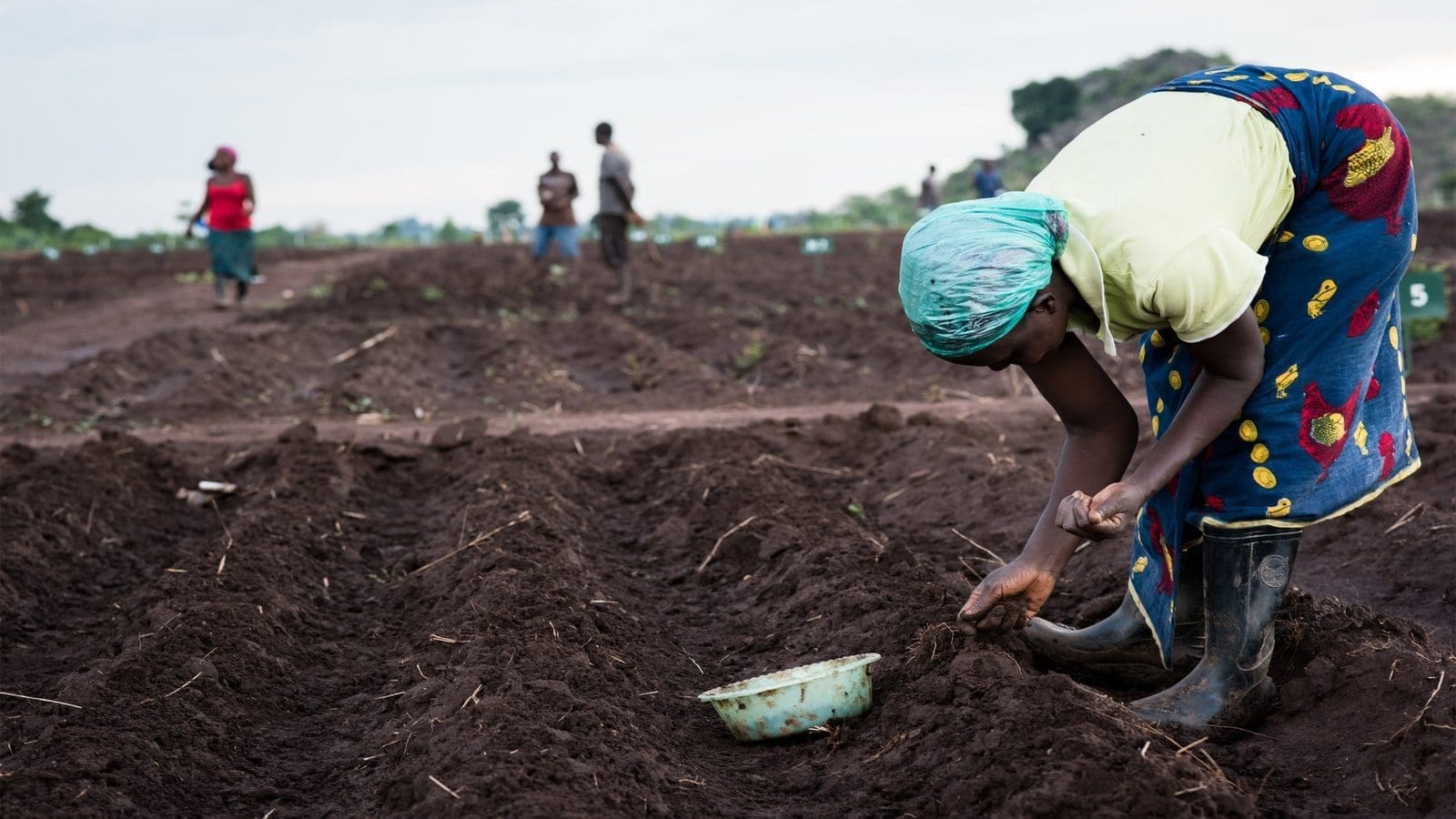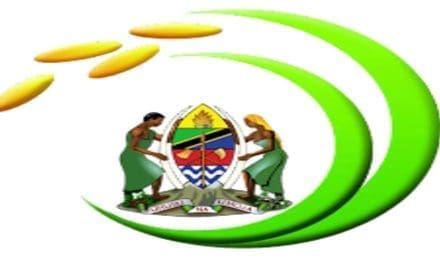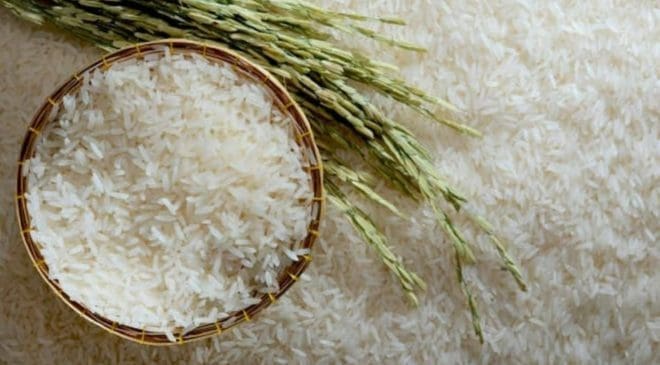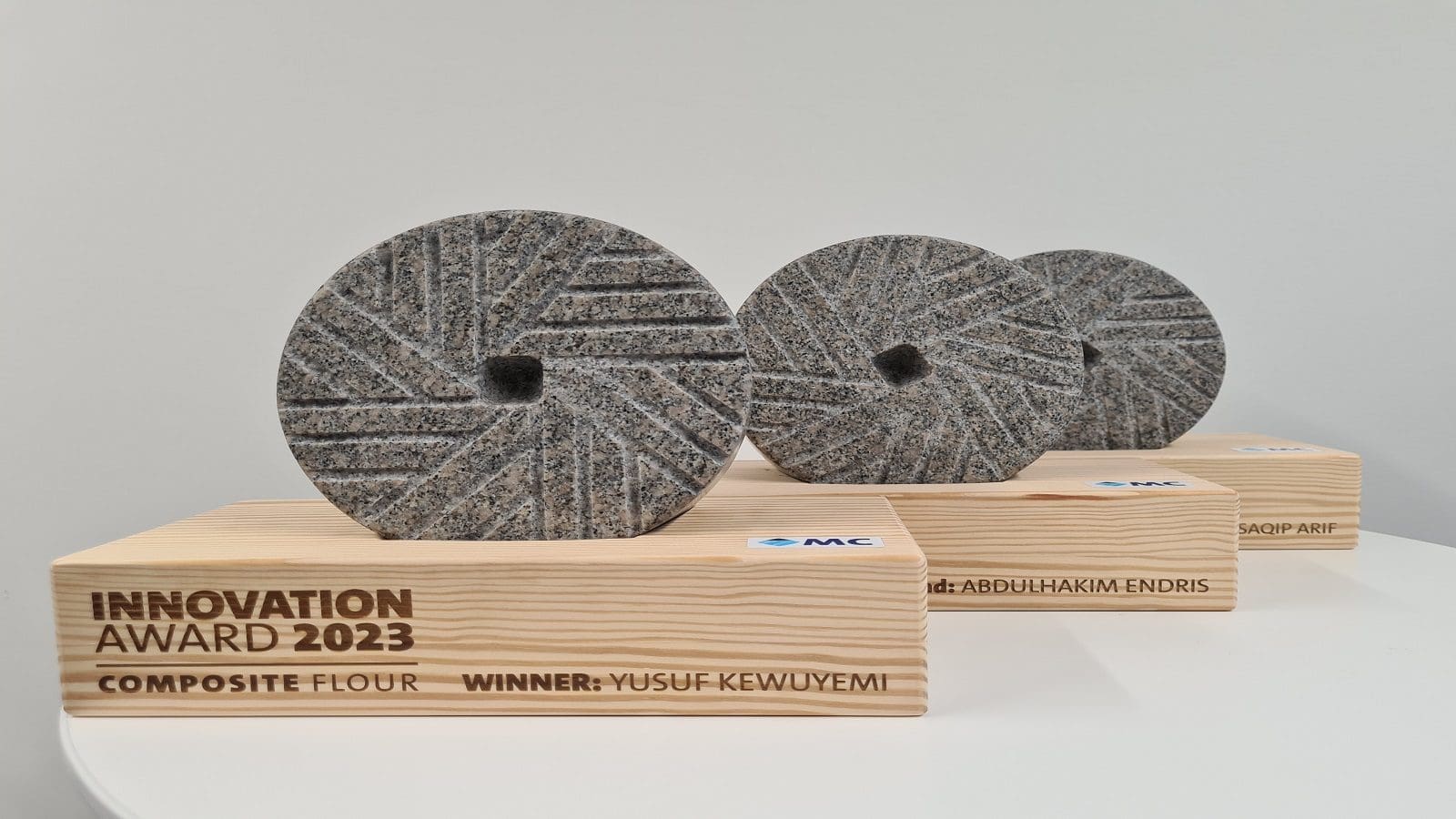RWANDA – The Rwandese government has launched a US$5.4M project aimed at enhancing food security through lessening crop losses due to pests.
According to New Times Rwanda, the project is implemented by the Ministry of Trade and Industry in partnership with the UN Food and Agriculture Organization (FAO) with funding from the European Union.
Dubbed “Strengthening food control and phytosanitary capacities and governance,” the project is targeting the agriculture value chains to improve the food control system in the country within three years.
According to FAO, the initiative will provide technical support and cooperate with competent authorities and institutions in COMESA countries to build up national capabilities, strengthen governance, and improve strategic planning around food safety and plant health.
In addition, the project foresees the implementation of a facilitated assessment of the national food control system in eight countries with a specific focus on the Common Market for Eastern and Southern Africa (COMESA).
Coumba Dieng Sow, the FAO Country Director, said implementation of this tool will raise Rwanda’s agricultural produce
“We are bringing a very important tool for food safety assessment, that was requested by the members of the Codex Alimentarius, this assessment is important in the implementation of the African Continental Free Trade Area Agreement,” she said.
According to her, by evaluating the entire food quality of its products, Rwanda can embrace the African Continental Free Trade Area but also other international markets.
The project is designed with two components at the national level; the national food control system and phytosanitary capacity evaluations.
A benefit to farmers and exporters
According to Jean-Chrysostome Ngabitsinze, the minister of trade and industry, Rwanda will be able to grow exports to other markets because the domestic market demands adherence to several standards.
“This project will help to educate and empower farmers to meet international standards and sell their products with confidence,” he said.
The project will use internationally recognized common approaches to assess national food control systems and phytosanitary systems, respectively, leading toward the prioritization of needs and recommendations for ways forward.
This offers strong support for regional harmonization and improves communication for increased trade at the regional and international levels.
Jean-Bosco Shingiro, a researcher at the Rwanda Agriculture and Animal Resources Development Board (RAB), noted that this assessment tool will aid in locating gaps in food quality and food safety.
“With this tool, we will be able to train farmers to improve the quality of their products, which is essential for linking to the market,” he said.
The first assessment of the national food control system is scheduled to start with the inception and training workshop in March and is, tentatively, to be completed by the end of October.
The second component will follow after FAO completes the recruitment of national facilitators.
The project will entail stakeholders of the food control system including national food control authorities and plant health authorities, relevant ministries such as agriculture, forestry, health, trade, and environment
The project has so far been launched in Kenya, Comoros, Seychelles, and Mauritius.
For all the latest grains industry news from Africa, the Middle East and the World, subscribe to our weekly NEWSLETTERS, follow us on LinkedIn and subscribe to our YouTube channel.










